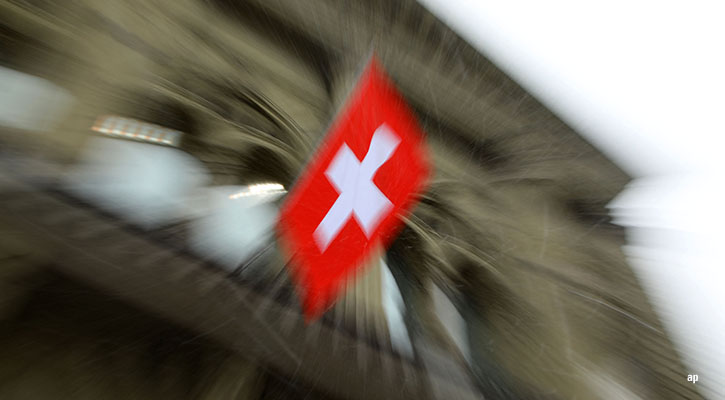
Boardroom antics at Swiss asset manager GAM provided plenty of headline fodder this summer, but the firm’s ongoing financial challenges and deteriorating corporate climate were the real story for Morningstar’s manager research analysts. We have downgraded GAM’s Parent rating, a key component of our Morningstar Medalist Rating for funds, to Low, the lowest in our five-rung scoring system.
Morningstar’s Parent ratings seek to capture the extent to which a fund company’s culture and practices are likely to support positive outcomes for investors in its funds. For example, parents earn high marks through effective talent retention and succession planning, which fosters longevity among investment teams and strategies. On the other hand, firms that embrace trendy product launches or allow successful funds to become bloated demonstrate poor stewardship of investors’ capital. The incentive structures of investment teams and the robustness of risk management infrastructure also reflect how well companies prioritize long-term fund performance over short-term profits. Rarely do the overall financial health of a firm and its strategic direction become deciding factors in a Parent rating. In GAM’s case, however, these questions took center stage.
GAM has struggled since 2018, when risk management failures at its absolute return fund range led to the suspension of a key portfolio manager and the liquidation of several funds. Since then, Morningstar had assigned GAM a Parent rating of Below Average, alongside other challenged European peers including Allianz, Third Avenue, and Lindsell Train. All of these firms, like GAM, feature talented investment teams but have struggled to back them with adequate risk-management processes. While GAM later formalised and tightened its risk-management procedures, other factors continued to hold back its Parent rating, including incentive structures that directly link fund managers’ bonuses to asset levels and revenue, a potential conflict of interest with fund investors.
By August 2023, when the attempt by GAM’s board to arrange a sale of the firm to UK-based asset manager Liontrust foundered in an August shareholder vote, GAM’s challenges had grown more acute. Outflows from its fund range have continued since the 2018 crisis; its assets under management shrunk from 84 billion Swiss francs (£79 billion) in June 2017 to ₣22 billion in June 2023. The firm posted annual losses every year between 2020 and 2022, as well as in the first half of 2023, while its cash position dwindled.
In an August 21 appeal to shareholders supporting the now-failed sale to Liontrust, GAM leadership stated that the company needed an immediate cash injection of ₣100 million to continue functioning. An activist investor group headed by French tech billionaire Xavier Niel’s company NewGAMe and Swiss wealth manager Bruellan, who led a high-profile charge against the Liontrust deal, disagrees. The group hopes to install its own board and CEO candidate – hedge fund veteran Randel Freeman – at the upcoming shareholder meeting in late September and proposes to address GAM’s immediate cash needs by issuing a ₣25 million convertible bond. They have published a plan they claim can restore GAM to profitability in 100 days through measures including cost-cutting, rationalising its fund range, and reducing compensation targets.
Regardless of the outcome of the upcoming shareholders’ meeting, we believe GAM’s medium-term financial and corporate situation has the potential to negatively influence investor outcomes at many of its funds. While the autonomy GAM grants its investment teams has historically encouraged manager retention, turnover has picked up in recent years and is likely to increase further if new austerity measures are introduced. Ongoing uncertainty about the firm’s financial health and strategic direction are likely to further drive staffing challenges, and the pressure to generate near-term profits could incentivize practices that hurt investors, like prioritizing asset gathering over alpha or amping up risk to generate short-term performance. That’s a shame, because GAM’s lineup features a number of talented teams, such as its emerging-markets debt and Japanese equity specialists.
The August 30 downgrade of GAM’s Parent rating to Low puts it in select company. Among asset managers qualitatively rated by Morningstar manager research analysts, only two other firms – both US-based – currently earn a Low rating: small-cap equity manager Teton Advisors, which is fighting for survival amid severe outflows after a loss-making business acquisition, and Horizon Kinetics, which flouts conventional risk-management practices by holding roughly a third of fund assets in a single firm with ties to its CEO.








.png)








